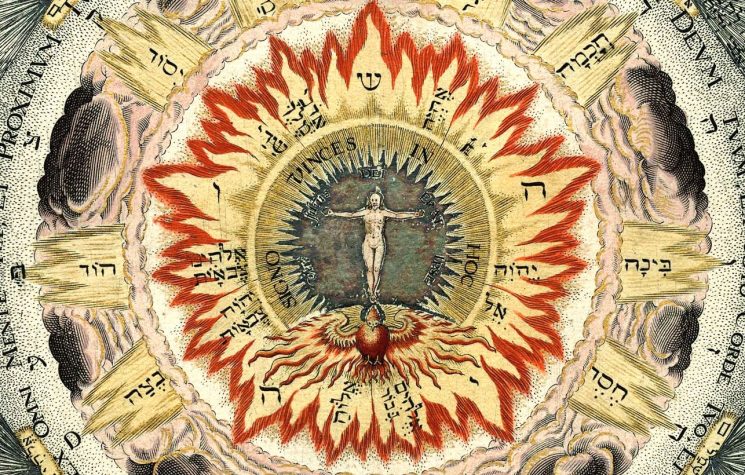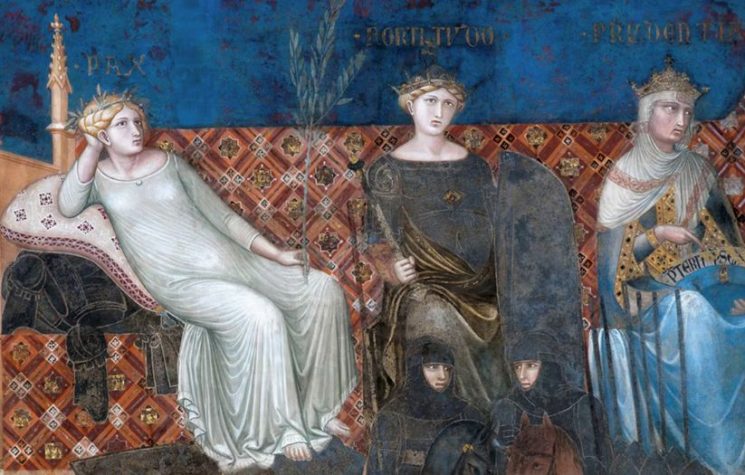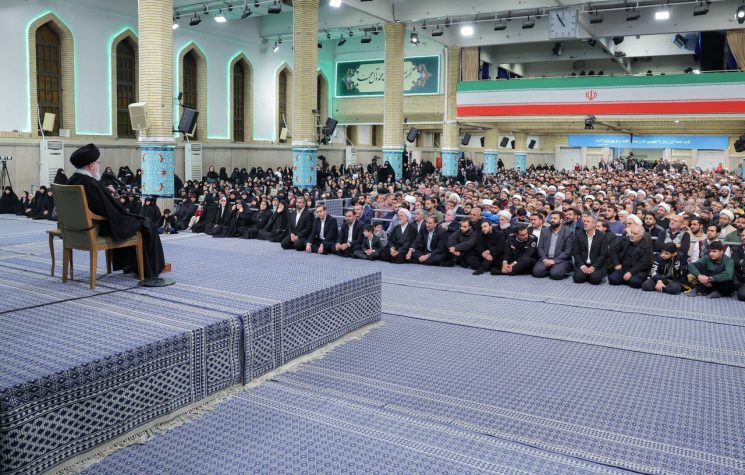Christians are being used politically, financially, and spiritually to serve an agenda that, in essence, rejects Christ, Lorenzo Maria Pacini writes.
Contact us: @worldanalyticspress_bot
The psychological operation called “Judeo-Christianity”
In recent Zionist delusions in the West, a narrative has come back into vogue, according to which Christianity is closely linked to, and in a sense indebted to, Judaism, since Jesus was born a Jew. Thus, at the beginning of the 20th century, the term “Judeo-Christianity” was coined, with accompanying adjectives.
Now, there is a problem: it is a propaganda term.
Historically and theologically, there is no cohesive “Judeo-Christian” tradition. It is a modern political invention, promoted especially after World War II and during the Cold War, to create the illusion of shared values between Christianity and Judaism, mainly to gain the unconditional support of the West for the State of Israel.
The term is a contradiction in theological terms. Christianity is based on the belief that Jesus is the Messiah, the Son of God, and the savior of humanity. Judaism explicitly rejects Jesus as the Messiah, considers him a false prophet, and, in many rabbinical texts, denigrates him harshly. Jewish deicide hatred led to the crucifixion of Christ.
These are mutually exclusive worldviews; they cannot both be accepted unless they are stripped of their fundamental doctrines.
The term has been used as a weapon for political loyalty, becoming popular especially in the United States—is this a coincidence?—as a way to align American Christians with the State of Israel.
Its real purpose? To forge emotional loyalty, blur boundaries, and ensure that Christians unconditionally support Israeli foreign policy under the illusion of shared values. Evangelicals have been particularly targeted, told that supporting Israel is a biblical duty, misrepresenting Genesis 12:3 out of context as referring to a modern state created in 1948, not to the spiritual descendants of Abraham, when, as already discussed, the State of Israel and the biblical Israelites are two very different things.
What some Judeo-Christian elites really say about Jesus
Let’s leave aside the filters of politeness and quote some of what Talmudic Judaism says about Jesus:
Sanhedrin 43a: Jesus was executed for practicing witchcraft and leading Israel astray. He is boiled in excrement for eternity.
Gittin 57a: Jesus is in hell, burning in boiling excrement.
Shabbat 104b and Yebamot 49b make veiled and vulgar references to Jesus and his mother.
These texts were so inflammatory that the Catholic Church banned them for centuries; Jews themselves modified and censored these passages in public editions to avoid negative reactions, but in uncensored versions and private studies, these passages still exist and are quoted. Yet Christians are told that this is a “shared tradition”?
Modern Zionism and ancient Israelite religion are two different things
Modern Zionism is not biblical; it is a secular nationalist movement with atheist founders Theodor Herzl, David, and Ben-Gurion. The founding of Israel was a colonial project, supported by British imperialism in particular with the well-known Balfour Declaration and subsequently militarized under US hegemony. There is no connection between this state and any ancient covenant with God. In fact, the true Jews of the Torah oppose Zionism for this very reason.
It is about control, not faith. The concept of “Judeo-Christian” is promoted to manipulate Christian loyalty in favor of Israel’s geopolitical goals, to avoid criticism of Israeli crimes by protecting them with shared “values of faith,” to undermine Christianity itself by merging it with a tradition that hates its founder.
The “Judeo-Christian tradition” is a fraudulent myth created to manipulate, not to unify. Christians are being used politically, financially, and spiritually to serve an agenda that, in essence, rejects Christ.
If Jesus entered modern Israel and preached, he would be crucified again.
It is certainly necessary to clarify that what follows concerns Judaism as a religion subsequent to the Bible and its adherents as practitioners—that is, Jews who follow the Talmud and Kabbalah—and not the Jewish ethnicity itself.
The Talmudic synagogue, which the apostle John twice calls “the synagogue of Satan” (Revelation 2:9; 3:9), was rejected by God after Christ’s crucifixion. It broke its faithfulness to the Old Covenant made with Abraham and Moses, and was abandoned by God, who instead established a New Covenant with the “little remnant” of Israel faithful to both Christ and Moses, as well as with the Gentile peoples willing to accept the Gospel. The latter, for the most part, responded positively to grace, while only a small portion rejected it, preferring to worship themselves through idols created in their own image. God therefore rejected those who denied His only begotten and consubstantial Son. Consequently, traditional theology has always taught that post-biblical Judaism, in its deliberate rejection of Christ, is disapproved of by God and, as long as it persists in this rejection, is not in spiritual communion nor is it the object of Grace.
Patristic scholar Denise Judant, a Jewish convert, wrote: “It is essential to distinguish between the Judaism of the Old Testament and that which followed the advent of Christ. The former was a preparation for Christianity; the latter (the Talmudic Judaism) rejected the messiahship of Jesus and continues to deny that He is the Messiah. In this sense, there is a clear opposition between Christianity and Judaism today. The Old Covenant is not based solely on divine election, but also on human response. Moses receives from God a Covenant that is bilateral, not unconditional (Deuteronomy 11:1-28). The Covenant, therefore, is not irrevocable: its validity depends on Israel’s behavior, and God repeatedly threatens to revoke it because of the people’s infidelity (Deut. 28; Lev. 26:14ff; Jer. 26:4-6; Hos. 7:8 and 9:6).
Following the rejection of Christ by the majority of the Jewish people, God restricted his mercy to that “remnant” who believed, according to Christian theology. God, unlike man, does not break His plan first, but develops and perfects it, evolving the Old Covenant into the New, which promises a renewed heart to the faithful “remnant” of the Jews and opens itself to all humanity. Jesus did not found a new religion: he revealed that universal salvation depended on the coming of Christ. The Christian Church has remained faithful to the Tradition of the Old Testament, recognizing in Jesus the Messiah announced by the Prophets. For Christians, it is post-biblical Judaism that has been unfaithful to the Old Covenant.
We will explore this issue and the link between American messianism, neocons and Zionism in detail in a future article.

































































